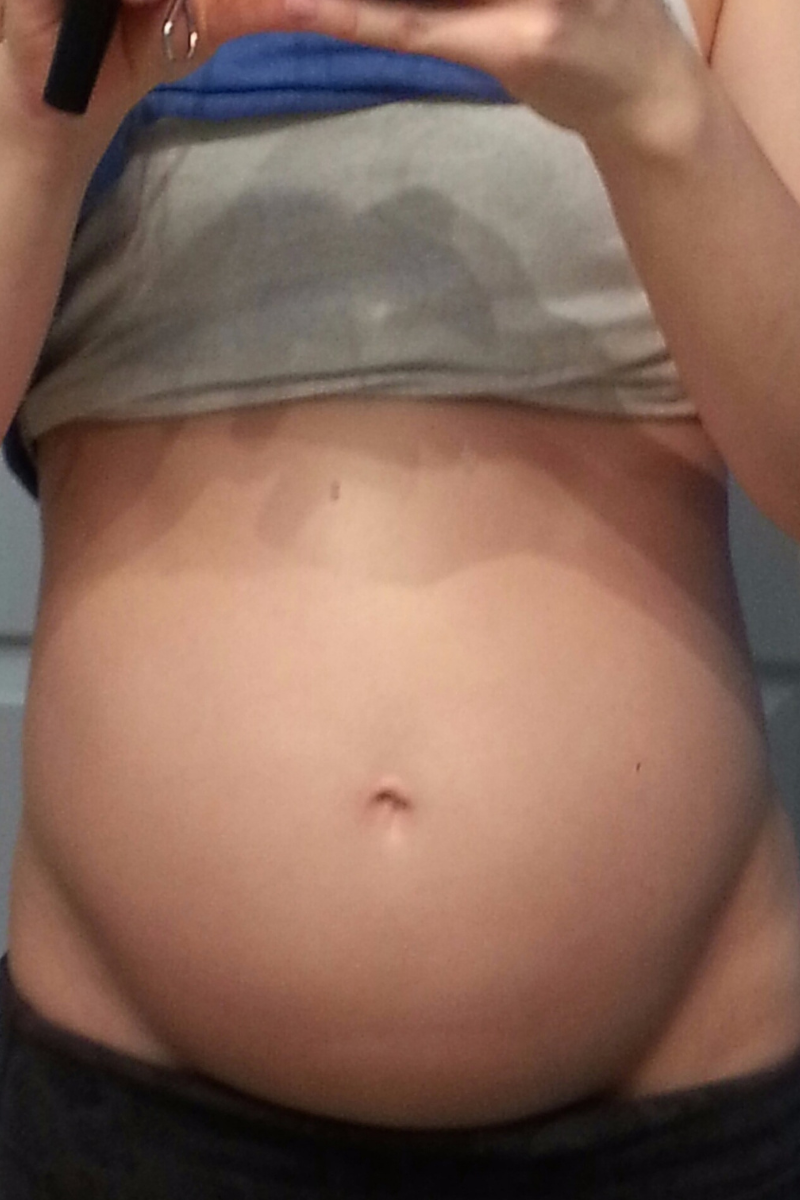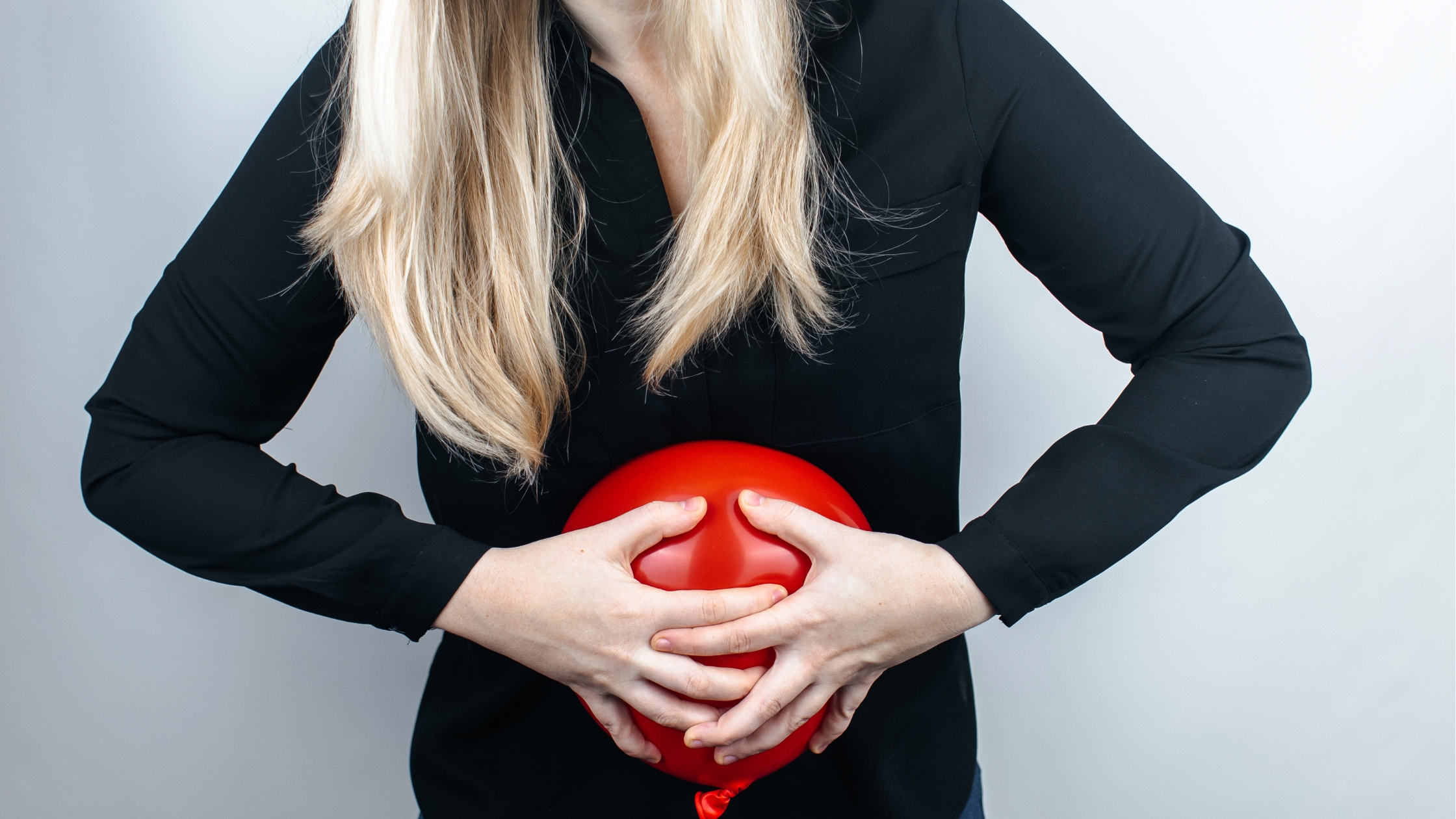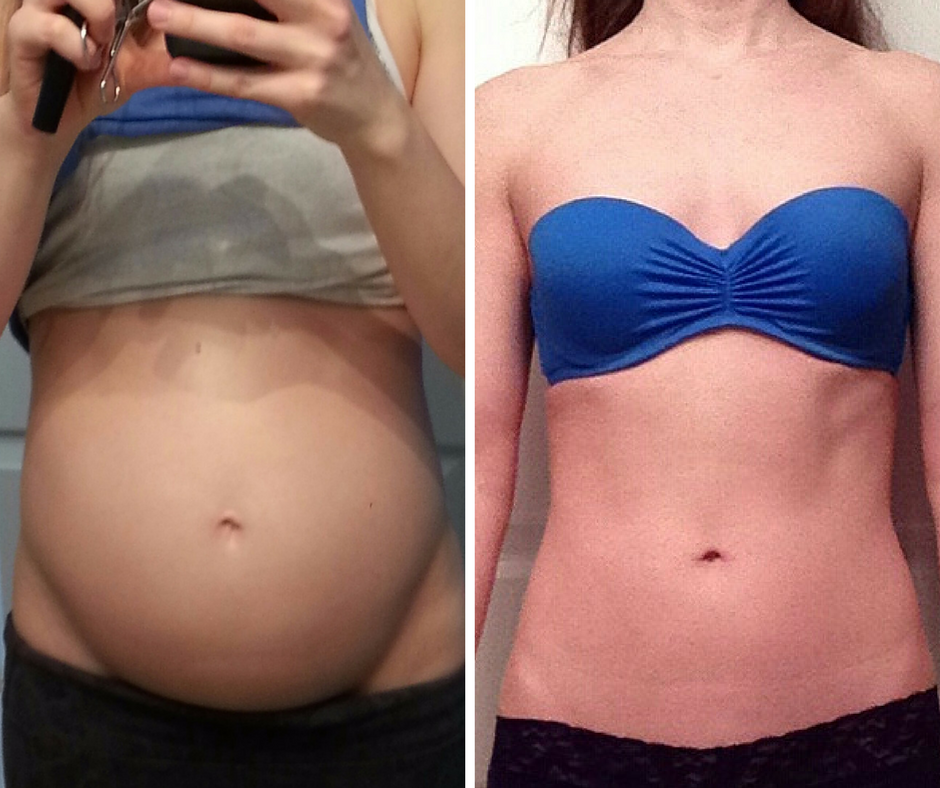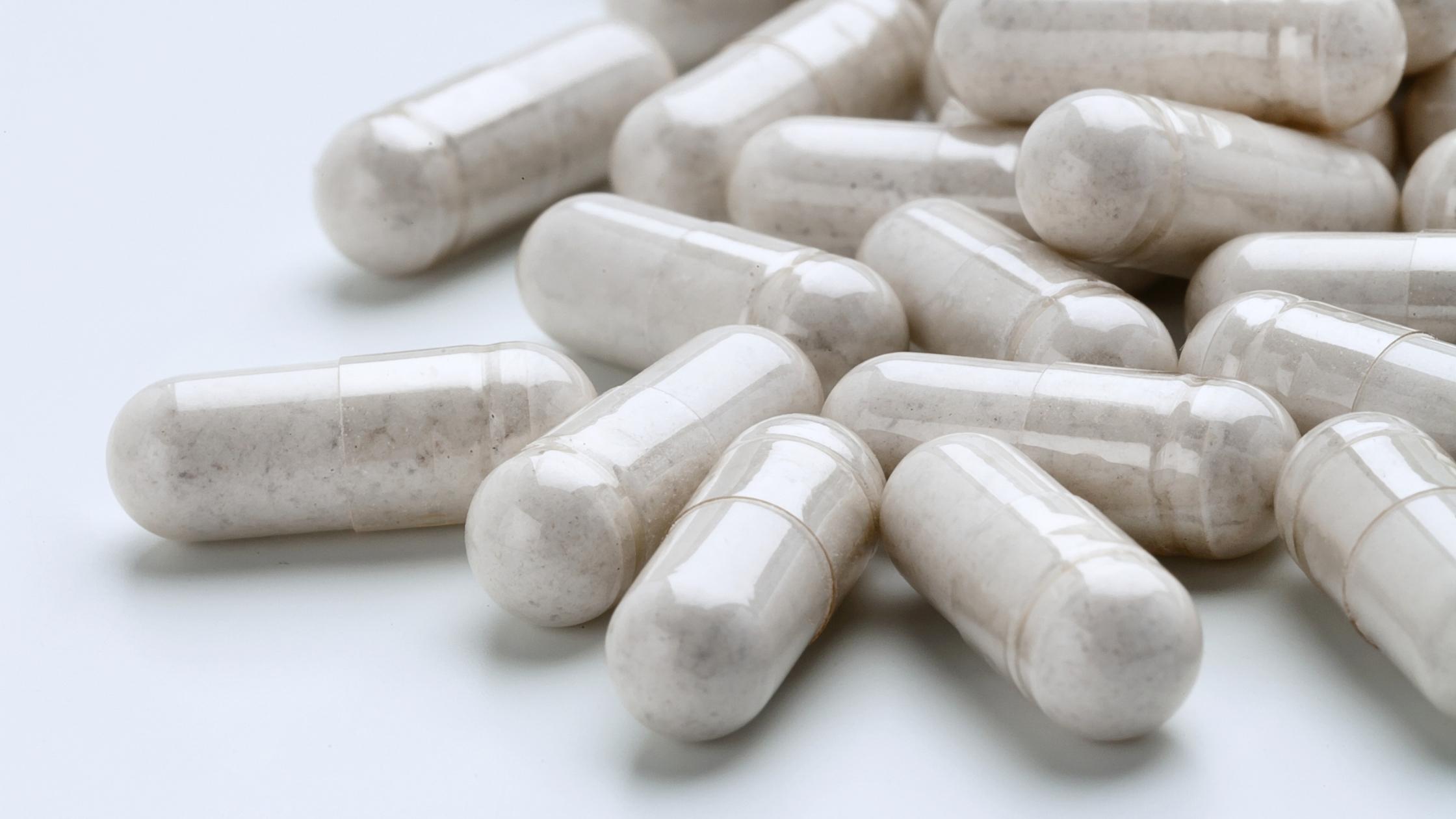Let me tell you a personal story that may resonate with many of you that are suffering from heartburn. Many, many years ago, I suffered from heartburn, indigestion and belching daily. I was also stressed, eating a poor diet and drinking alcohol often. My heartburn was so severe that I was in extreme pain after eating so I treated it the only way I knew how: antacids. At first I started using Tums just after dinner when my heartburn would be at it’s worst. After a few weeks I needed Tums after lunch as well. Shortly after that, I had to switch to Zantac (a much stronger medication for heartburn and reflux). Then I used a combination of Zantac and Tums. With every increase of medication, I would have relief for a short while only to have the heartburn return.
Does this scenario sound familiar?
Heartburn is most often associated with too much stomach acid (hyperchlorhydria) so it is treated with medications that reduce or block stomach acid. The lesser known, yet more common, reason for heartburn is too little stomach acid (hypochlorhydria).
In my case, I experiencing heartburn because I had too little stomach acid and was inadvertently making it worse by reducing stomach acid even further. This is why my heartburn kept returning and never resolved.
Determining if you have too little or too much stomach acid as well as why is important to eliminating it for good.
Hypochlorhydria (too little stomach acid)
This is most often referred to as the Underactive Stomach and involves too little hydrochloric acid (HCL) in the stomach.
The release of HCL is dependent on stimulation by the parasympathetic nervous system (AKA the rest and digest system) and the release of the gastric hormone gastrin, which stimulates the parietal cells to secrete HCL. Here are a few things that affect the process:
- Eating on the run or while distracted. Chewing of food as well as the sight, smell and anticipation of food gets gastric juices flowing. Gastric juices won’t be released if you’re not fully engaged in the process of eating.
- Having your sympathetic nervous system (AKA the fight or flight system) engaged while eating. HCL gets released when the parasympathetic nervous system is engaged. If you’re in a constant “fight or flight” mode, the digestive process gets shut down (including both the stomach and intestinal functions) while your body prepares to flee the perceived stress. This is a HUGE issue for those who are chronically stressed. Stimulants like caffeine have the same effect.
- Lack of nutrients to maintain healthy parietal cells. This can be the result of stress, poor diet or inability to digest and absorb nutrients. The inability to digest and absorb nutrients is common in those with SIBO.
- Overeating foods that stimulate and then exhaust HCL secretion. Eating large amounts of protein with very little else is one way to do it.
- Chronic antacid use. When the PH of the stomach is buffered by antacids, more and more HCL will be secreted in an attempt to maintain acidity.
Symptoms of hypochlorhydria include:
- bloating, belching, burning and flatulence immediately after meals
- a feeling of fullness after eating small amounts of food
- indigestion, constipation, diarrhoea
- “brick in your stomach” feeling
- food sensitivities
- weak, peeling and cracked fingernails
- dull hair
- undigested food on the stool
- nausea after taking supplements
- acne
- fungal infections
- bad breath
HCL is the first line of defence against parasites, yeast and bacteria. Hypochlorhydria can lead to microbial overgrowth which is an important factor for those dealing with IBS or other digestive disorders. If left unchecked it can also lead to protein deficiency, poor overall digestion, mineral deficiencies and vitamin B12 deficiency.
Natural ways to relieve heartburn in the presence of too little stomach acid include:
- 1 tbsp. of lemon juice or apple cider vinegar before meals
- Avoid caffeine and carbonated beverages
- Cut back or eliminate dairy products
- Avoid sugar, artificial sweeteners and alcohol
- Decrease refined and simple carbohydrates
- Avoid drinking liquids with meals
- Eating bitter greens with meals
- Pay attention to your food and chew, chew, chew
- Take a few deep breaths before eating to engage the parasympathetic nervous system
Your holistic health practitioner may suggest temporary use of enzyme and HCL supplements.
Hyperchlorhydria (excess stomach acid)
Though acid blockers can be used temporarily for hyperchlorhydria, you must work with your health practitioner to get to the root cause:
- In some people, stress can stimulate the secretion of HCL rather than shut it down. These people experience heartburn when stressed.
- Irritants such as spicy foods or food sensitivities
- Inflammation or infection of the stomach
- H. Pylori
Though acid blockers can be used temporarily for hyperchlorhydria, you must work with your health practitioner to get to the root cause.
Natural ways to relieve heartburn in the presence of too much stomach acid mainly involve avoiding irritants and improving the gut microbiome:
- Avoid coffee, tea, carbonated beverages
- Avoid peppermint and spicy foods
- Avoid alcohol, sugar and artificial sweeteners
- Drink lots of filtered water
- Decrease refined and simple carbohydrates
- Eat a whole foods diet including lots of leafy green vegetables
- Avoid food sensitivities
Your holistic health practitioner may suggest probiotics, calcium/magnesium supplementation, essential fatty acids and assess for H. Pylori.





+ show Comments
- Hide Comments
add a comment